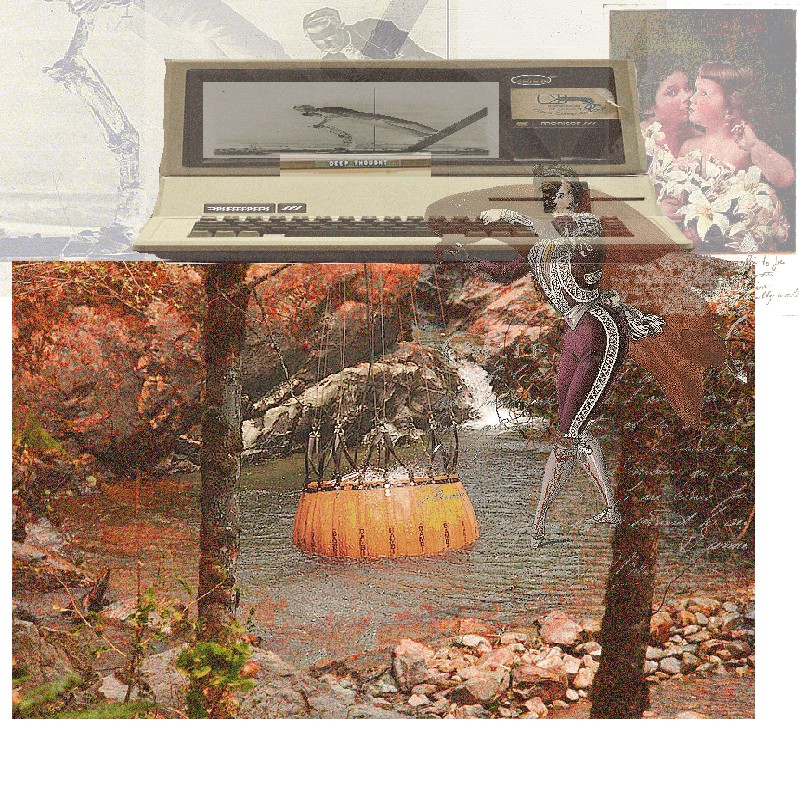Watch
Events
Articles
Market
More
Some may be wondering what will happen in Israel when the Balfour declaration expires October 31, 2023. The short answer is — nothing. Over the years Israel has made several arrangements with the Rothschild family to not only extend the agreement but also to purchase land so the original Balfour declaration is basically altered out of existence by the heirs of Rothschild family. While there is a great deal of speculation concerning this due to the recent conflict, our Creator will continue to watch over HIs land and His people to fulfill His covenant with Abraham.



"cart blanche bud", a collage.
(Gibbsen's story will continue tomorrow. ?)
Talk to me about people who make intriguing Strange things!
Every working day I create an OOM for the Strange things of our Maker.
ofourmaker.com
#dailycreatedoom 2023/10/30




Prayer -- Day 9
Overcome
“If Elohiym is for us, who can be against us”? (Romans 8:31)
Imagine all your difficulties as an army, lined up against you. Do they seem intimidating? Then realize you have a force at your disposal that can overcome them all. As you face these enemies of yours; discouragement, frustration, disappointment, financial troubles, family problems, hostility, weakness; ask yourself, “what shall I say to these things?” And the answer is, “If YHVH is for us, who can be against us?” YHVH is with you every moment and in every situation!


